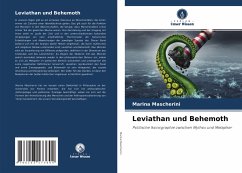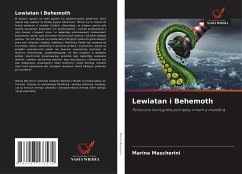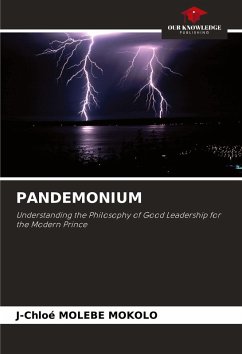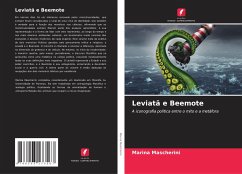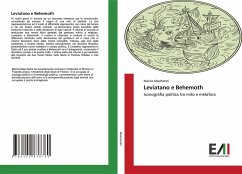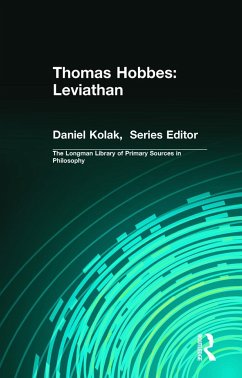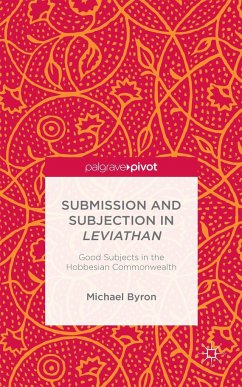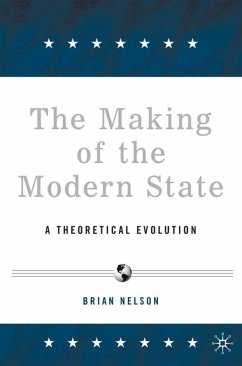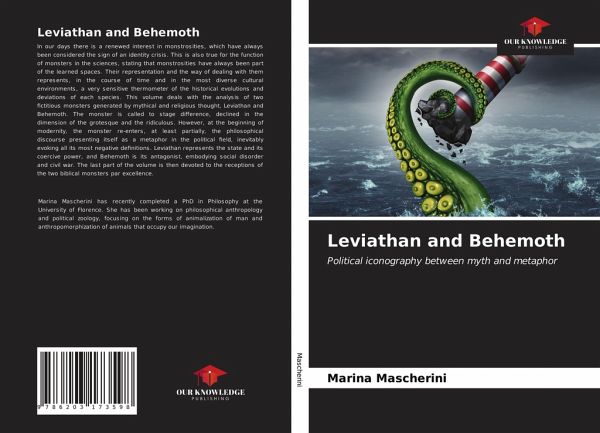
Leviathan and Behemoth
Political iconography between myth and metaphor
Versandkostenfrei!
Versandfertig in 6-10 Tagen
41,99 €
inkl. MwSt.

PAYBACK Punkte
21 °P sammeln!
In our days there is a renewed interest in monstrosities, which have always been considered the sign of an identity crisis. This is also true for the function of monsters in the sciences, stating that monstrosities have always been part of the learned spaces. Their representation and the way of dealing with them represents, in the course of time and in the most diverse cultural environments, a very sensitive thermometer of the historical evolutions and deviations of each species. This volume deals with the analysis of two fictitious monsters generated by mythical and religious thought, Leviath...
In our days there is a renewed interest in monstrosities, which have always been considered the sign of an identity crisis. This is also true for the function of monsters in the sciences, stating that monstrosities have always been part of the learned spaces. Their representation and the way of dealing with them represents, in the course of time and in the most diverse cultural environments, a very sensitive thermometer of the historical evolutions and deviations of each species. This volume deals with the analysis of two fictitious monsters generated by mythical and religious thought, Leviathan and Behemoth. The monster is called to stage difference, declined in the dimension of the grotesque and the ridiculous. However, at the beginning of modernity, the monster re-enters, at least partially, the philosophical discourse presenting itself as a metaphor in the political field, inevitably evoking all its most negative definitions. Leviathan represents the state and its coercive power, and Behemoth is its antagonist, embodying social disorder and civil war. The last part of the volume is then devoted to the receptions of the two biblical monsters par excellence.



